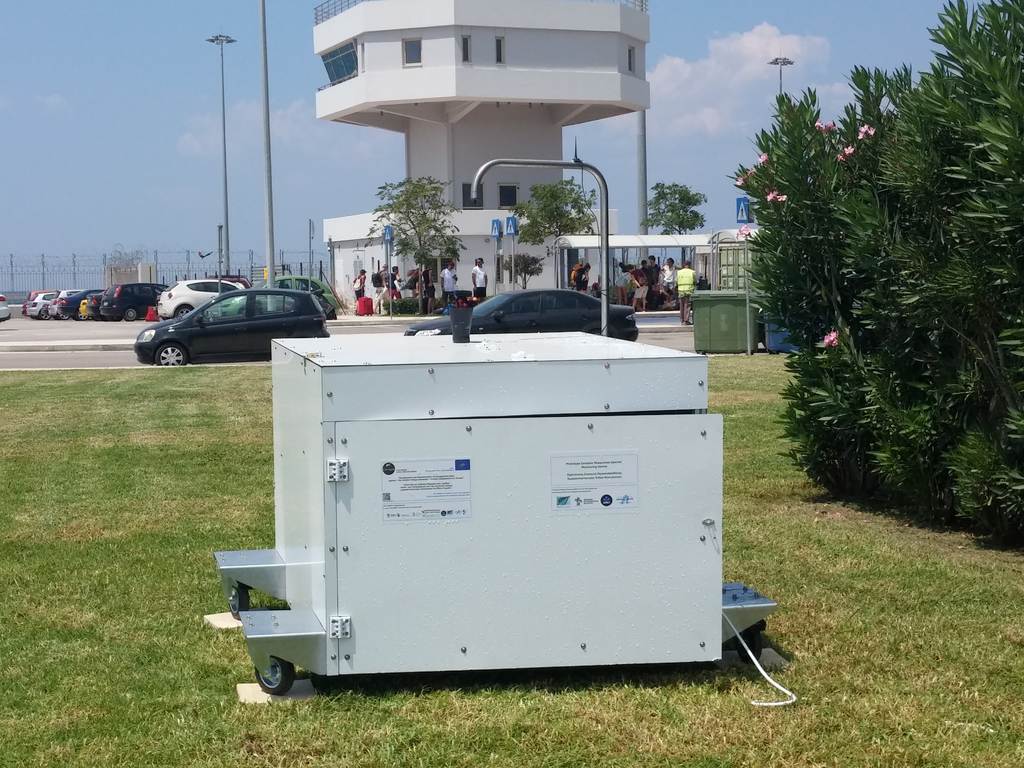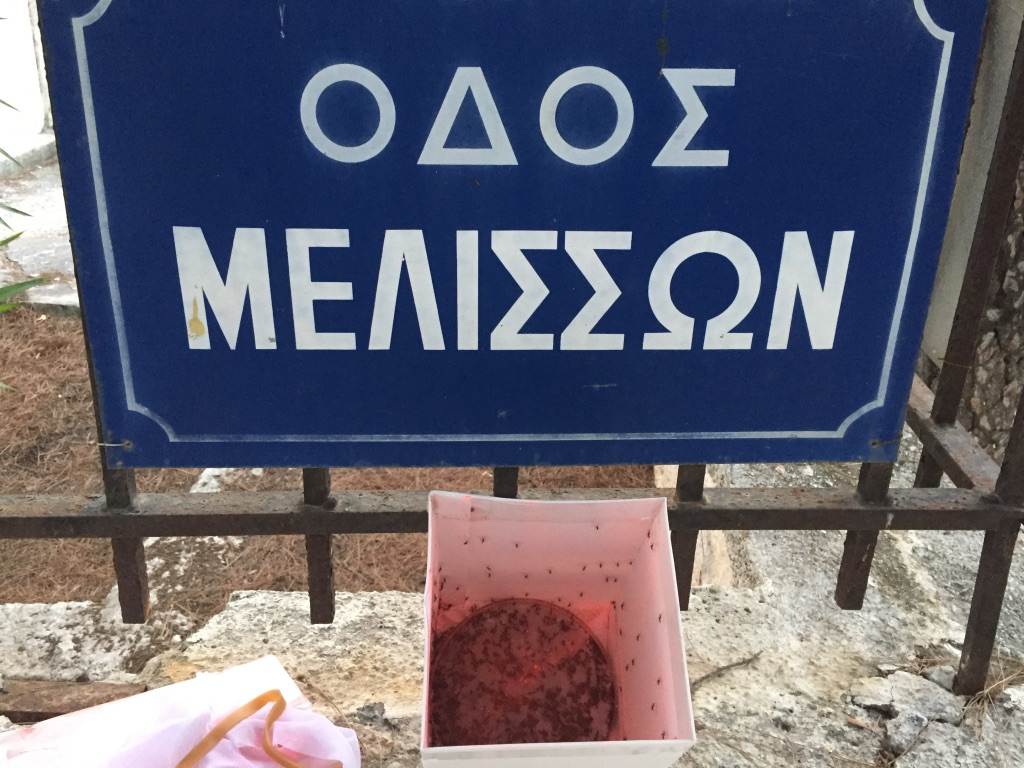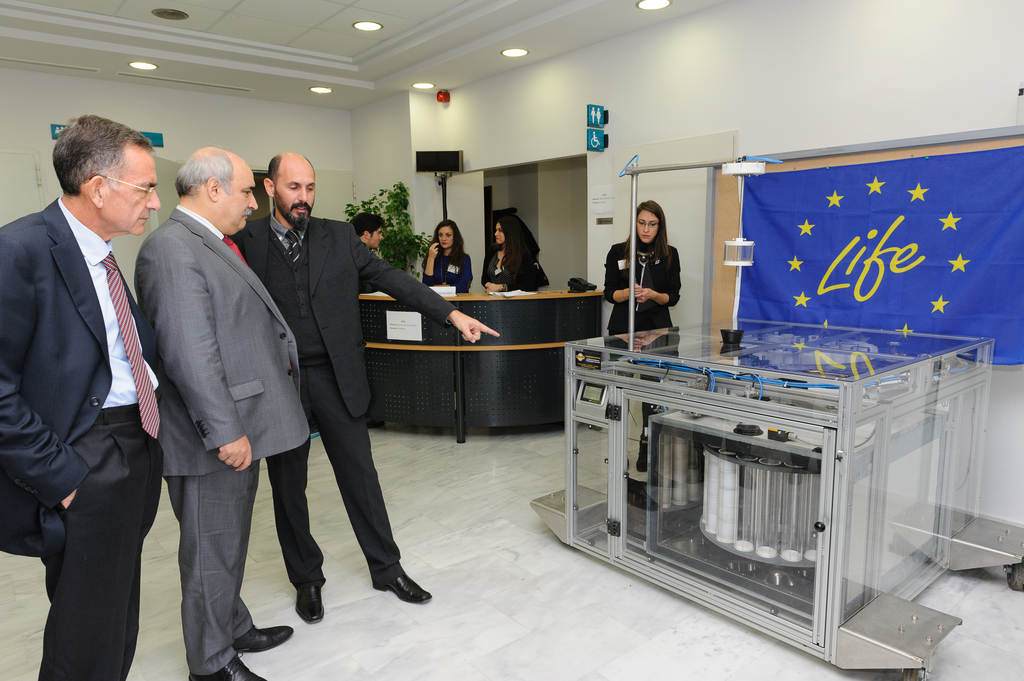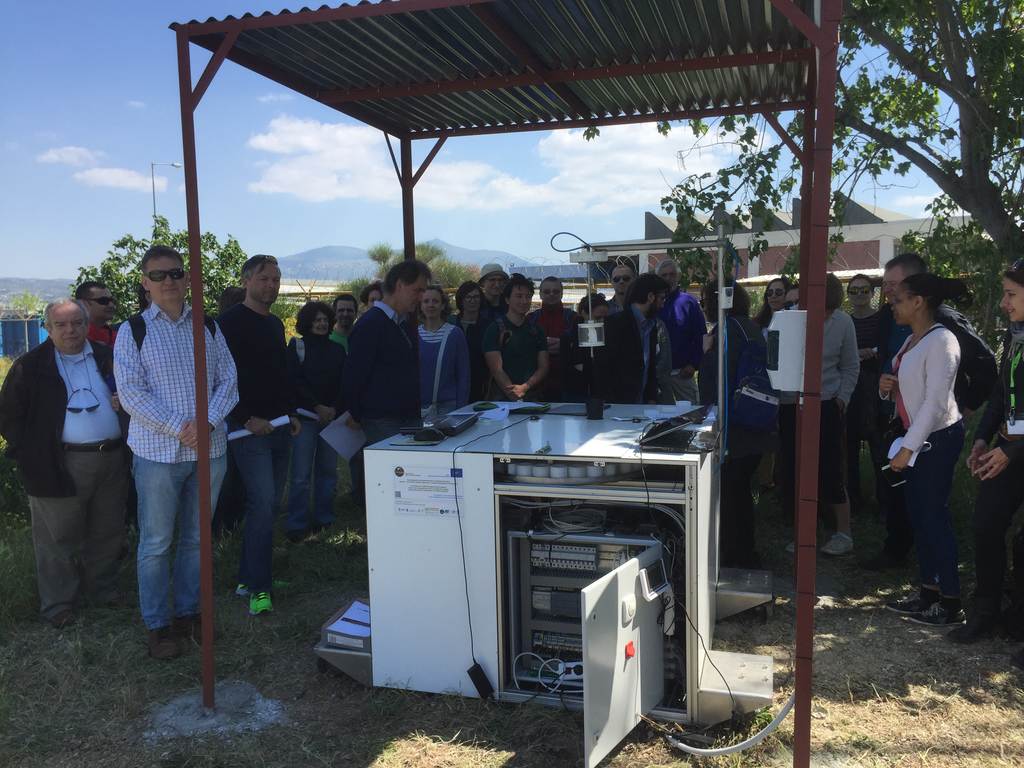February 2019 - LIFE CONOPS
Α) Identity of the project
| Title/ N° |
Development & demonstration of management plans against -the climate change enhanced- invasive mosquitoes in S. Europe - LIFE CONOPS” (LIFE12 ENV/GR/000466) |
| Duration |
01.07.2013 – 31.12.2017 (prolongation of project’s duration until 30.11.2018) |
| Budget |
Total project budget: 2.989.314€ |
|
Beneficiaries |
Coordinating beneficiary: Benaki Phytopathological Institute Bebeficiaries: Agricultural University of Athens |
| Location of activities |
Greece and Italy |
| Website | |
| Contact |
Dr Antonios Michaelakis, BPI, +30-210-8180215, This email address is being protected from spambots. You need JavaScript enabled to view it. |
Description/Aim
Globalization of trade and travel has facilitated the spread of non-native species across the earth. A proportion of these species become established and cause serious environmental, economic and human health impacts. These species are referred to as “invasive”.
Regarding mosquitoes, several invasive mosquito species (IMS) have been introduced in Europe, where they met favorable environmental and climatic conditions enhanced by the continuously evolving climate change phenomenon, to establish permanent populations and increasing the risk of vector borne diseases (VBDs).
For this reason, LIFE CONOPS aimed inter alia at developing:
- a network of 12 prototype monitoring devices for the surveillance of the IMS populations in selected high-risk areas in Greece and Italy,
- the necessary integrated management plans for the confrontation of the IMS problem both in the current period as well as in the future based on climatic projections.
Β) Best Practices
- Management plans offer a comprehensive practical technical guideline to assist local authorities in organizing their vector control activities. From August 2016 LIFE CONOPS’ Management Plans are legally operated by the Hellenic Ministry of Public Health (ministerial circular) aiming the confrontation of Aedes-borne diseases (dengue, chikungunya, and Zika) imported cases in Greece. In Italy, improvements of the mosquito control measures have been obtained throughout the LIFE CONOPS project such as the quality control on the mosquito control treatment following imported cases of VBDs and the evaluation of environmental impact of Diflubenzuron (the most commonly used larvicide in EU).
- Prototype Monitoring Device (MD) was designed and 12 MDs were manufactured build and tested to play an important role in assisting efficiently and cost effectively the surveillance of IMS in high risk areas. Its main innovation aspects are the continuous operation for a period of at least 1-month, remote monitoring, equipped with a meteorological station and preservation of the collected specimens.
- Door to door strategy can trigger community participation aiming at the elimination of mosquito breeding sites. The methodology employs an education campaign to evaluate changes in the abundance of breeding sites. Door to door was implemented in the Municipality of Palaio Faliro (Greece) and in schools and refugee camps in Bologna (Italy).
- Sterile Insect technique (SIT) against the Asian tiger mosquito (Aedes albopictus). In autumn 2018, in collaboration with International Atomic Energy Agency, for the first time in Greece, the SIT pilot trial was launched in Vravrona (Municipality of Markopoulo). The whole philosophy of SIT is based on the release of sterile male insects in order to halt the reproduction process of the targeted mosquito species.
C) Results
With the completion of the project the following results have been achieved:
- An extensive monitoring network providing useful data regarding the presence, seasonal abundance and population density of invasive mosquito species was installed providing an early warning system regarding IMS and Vector Borne Diseases with:
- Prototype Monitoring Devices, at 12 selected points of entry (airports, ports, etc.) in Greece and Italy
- Ovitraps’ network in 15 selected areas in Greece and Italy.
- Integrated Management Plans for the population surveillance and control of invasive mosquitoes as well as their potential application in high risk areas are available to the competent authorities.
- Risk analysis for Greece and Italy, on the current and future climatological conditions, presented in appropriate maps for the most medically significant invasive mosquito species.
- Socioeconomic evaluation of the IMS problem and of the management plans, is available to the national authorities in order to enhance their know-how and help them on the availability of the required resources in case of emergency.
- More than 100 general public articles in national and/or local press and more than 20 TV and Radio interviews.
- More than 10 scientific journal articles in peer review journals
- LIFE CONOPS video with basic information about mosquitoes, personal protective measures and how to take prevention steps to avoid mosquitoes breeding sites counts more than 44,000 views
- LIFE CONOPS website counts more than 99,100 website visitors and more than 248,000 page views.







